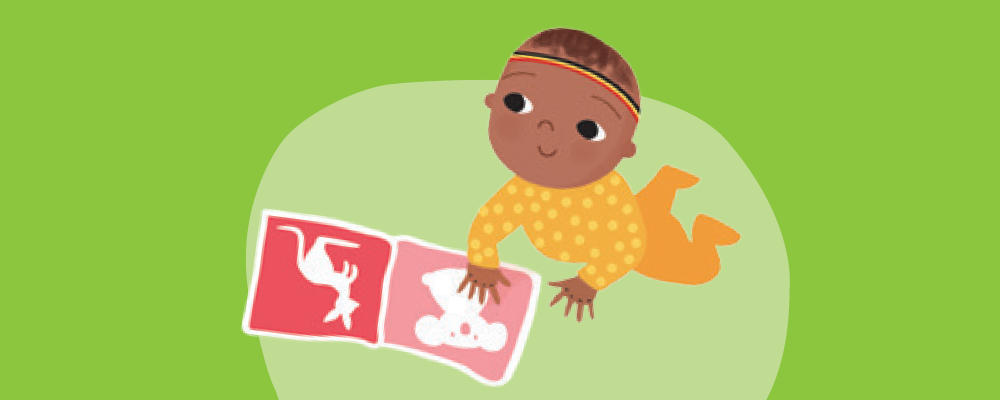Information and Resources

The Maternal and Child Health team recommends the following websites and apps for more support and information.
General information
- Better Health Channel — Provided by the Victorian Government, this website provides health and medical information to improve the health and wellbeing of people and the communities they live in.
- Raising Children Network provides ad-free parenting videos, articles and apps backed by Australian experts.
Child health links
- The Royal Children's Hospital (RCH) has been providing outstanding care for Victoria's children and their families for 150 years.
- Playgiocephally — The RCH have provided this fact sheet with ideas for developing control of head movements from birth to around four months.
- Australian Breastfeeding Association — The home of trusted breastfeeding information, support and advocacy.
- ASDetect is a free app that empowers parents and caregivers to assess the social attention and communication behaviours of their children aged between 11 and 30 months. Children typically begin to smile at others within the first few months of life, and are consistently smiling to share their positive feelings by the age of 12 months. Social smiles are an important indicator of a child’s ability to share their interest and attention with other people.
Child dental services
- GV Health’s community dental service is located at the Graham Street Campus. The service provides quality emergency, general, denture and preventative dental care for all children under 12 years of age, or in primary school, as well as all children eligible for the Child Dental Benefits Scheme.
- Dental Health Services Victoria (DHSV) provides quality public oral healthcare through the Royal Dental Hospital of Melbourne and community health agencies throughout Victoria, from whom DHSV purchases dental services for public patients.
Dental Health Services Victoria
Safety in the home
- Kidsafe Victoria is an independent, not-for-profit organisation dedicated to the prevention of unintentional death and injury to children through education, advocacy and research.
- Are You Safe at Home? — We know that many people experiencing family violence will reach out to family and friends first. How you respond can make a real difference on someone’s journey to safety. This website contains important information for those who are, or know someone who may be, experiencing family violence.
- The Orange Door is a free service for adults, children and young people who are experiencing or have experienced family violence and families who need extra support with the care of children.
Education links
- Education information for parents — The Victorian Government provides practical information for parents and carers to support their child's learning needs.

